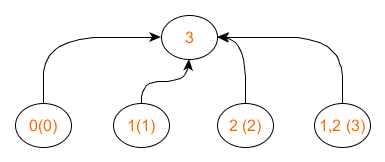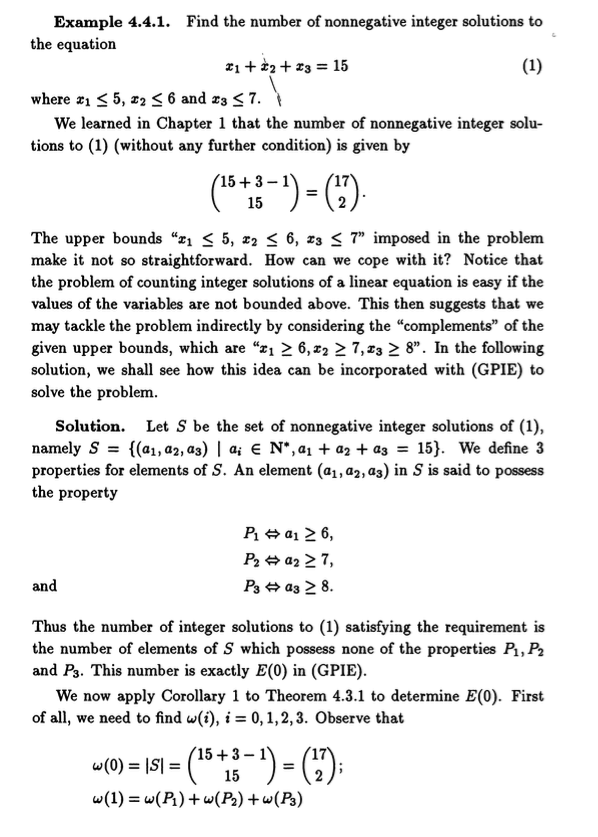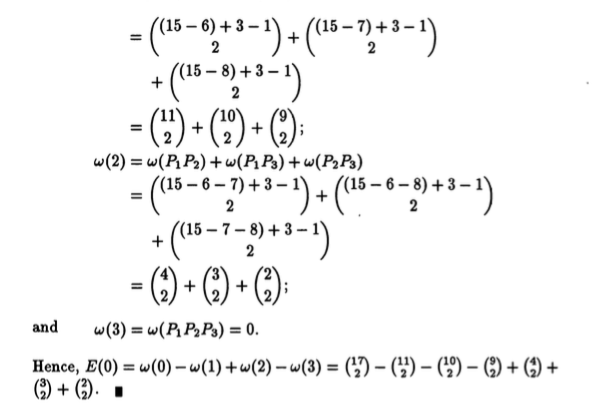Category : FFT
Problem Link : HDU 1402
Solution :
/*
*************************
Id : Matrix.code
Task:
Date: 2016-03-05
**************************
*/
#include <bits/stdc++.h>
using namespace std;
/*
#include<ext/pb_ds/assoc_container.hpp>
#include<ext/pb_ds/tree_policy.hpp>
using namespace __gnu_pbds;
template <typename T>
using ordered_set = tree<T, null_type, less<T>, rb_tree_tag, tree_order_statistics_node_update>;
*/
#define Long long long
#define Ulong unsigned long long
#define forn(i,n) for( int i=0 ; i < n ; i++ )
#define mp(i,j) make_pair(i,j)
#define lop(i,a,b) for( int i = (a) ; i < (b) ; i++)
#define pb(a) push_back((a))
#define SZ(a) (int) a.size()
#define all(x) (x).begin(),(x).end()
#define gc getchar_unlocked
#define PI acos(-1.0)
#define EPS 1e-9
#define F first
#define S second
#define lc ((n)<<1)
#define rc ((n)<<1|1)
#define db(x) cout << #x << " -> " << x << endl;
#define si(a) scanf("%d",&a);
#define sii(a,b) si(a);si(b)
#define siii(a,b,c) si(a);si(b);si(c)
#define sl(a) scanf("%lld",&a)
#define sll(a,b) sl(a);sl(b)
#define slll(a,b,c) sl(a);sll(b,c)
#define min(a,b) ((a)>(b) ? (b) : (a) )
#define max(a,b) ((a)>(b) ? (a):(b))
#define ms(ara_name,value) memset(ara_name,value,sizeof(ara_name))
#define show(x) {for(auto ii: x) cout << ii <<" "; puts("");}
/*************************** END OF TEMPLATE ****************************/
typedef complex<double> Complex;
void fft(vector<Complex> & a, bool inv) {
int n = (int)a.size();
for (int i = 1, j = 0; i<n; ++i) {
int bit = n >> 1;
for (; j >= bit; bit >>= 1)
j -= bit;
j += bit;
if (i < j)
swap(a[i], a[j]);
}
for (int len = 2; len <= n; len <<= 1) {
double ang = 2 * PI / len * (inv ? -1 : 1);
Complex wlen(cos(ang), sin(ang));
for (int i = 0; i<n; i += len) {
Complex w(1);
for (int j = 0; j<len / 2; ++j) {
Complex u = a[i + j], v = a[i + j + len / 2] * w;
a[i + j] = u + v;
a[i + j + len / 2] = u - v;
w *= wlen;
}
}
}
if (inv)
for (int i = 0; i<n; ++i)
a[i] /= n;
}
vector<int> mult(vector<int>& a, vector<int>& b) {
vector<Complex> fa(a.begin(), a.end()), fb(b.begin(), b.end());
size_t n = 1;
while (n < max(a.size(), b.size())) n <<= 1;
n <<= 1;
fa.resize(n), fb.resize(n);
fft(fa, false), fft(fb, false);
for (size_t i = 0; i<n; ++i)
fa[i] *= fb[i];
fft(fa, true);
vector<int> res;
res.resize(n);
for (size_t i = 0; i<n; ++i)
res[i] = int(fa[i].real() + 0.5);
return res;
}
const int N = 50005;
char a[N],b[N];
vector<int> A,B;
int main()
{
while(scanf("%s %s",a,b)==2) {
int lenA = strlen(a), lenB= strlen(b);
A.clear();
B.clear();
for(int i= lenA-1; i>=0; i--) A.push_back(a[i]-'0');
for(int i =lenB-1; i>=0 ;i--) B.push_back(b[i]-'0');
vector<int> res= mult(A,B);
int carry = 0;
for(int i= 0;i < res.size();i ++) {
int k = res[i] + carry;
res[i] = k%10;
carry = k/10;
}
if(carry) res.pb(carry);
bool flag = 0;
for(int i = res.size()- 1; i>=0; i--) {
if(res[i])flag=1;
if(flag) printf("%d",res[i]);
}
if(!flag) printf("0");
puts("");
}
return 0;
}








